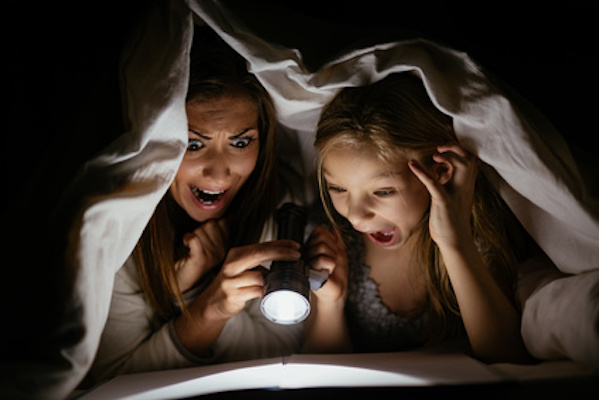You settle down to read (or write) a book. As you get deeper into the story, you come across a grammatical error (or three). Is it enough to make you stop reading?
Bad Grammar in the Books You Read (or Write)
Dangling participles. Prepositions at the end of sentences. Sentences that start with conjunctions. Double negatives. Split infinitives. Subject-verb mismatches. Inconsistent verb tense. Sentence fragments. Run-on sentences. Apostrophes in plural words. Misplaced quotation marks. Too many or not enough commas. Spelling mistakes. Oh, the horror!
Faced these grammar issues, some people would stop reading. Mind you, these tend to be the type of folks who correct your grammar in front of other people. Others may find one or two of these to be a turn off. In the real world, most of us cut writers some slack. As long as the grammar is not distracting enough to pull us out of the story, we keep our eyes on the page.
Breaking the Rules of Grammar
Not everyone studies grammar and fewer will graduate with literature degrees. Odds are low that the average reader even knows what a split infinitive is. The truth is that most people read books for entertainment. A writer who uses perfect grammar but only offers so-so content could just as easily lose their reader.
That does not mean that writers can ignore structure. A writer who constantly breaks ‘the rules’ could overdo it. If a writing style is so unusual, so unfamiliar to the reader, that it becomes distracting, reading is no longer enjoyable. It becomes work. Even an amazing story gets lost that way.
Of course, it’s okay to break the rule sometimes. Jane Austin was a fan of double negatives. William Faulkner loved to start sentences with conjunctions. James Joyce was the master of run-on sentences. Even Shakespeare ended sentences with prepositions! It’s about writing with a comfortable flow, adding color when necessary, and not overwhelming the reader, at least not grammar-wise. These famous writers knew how to get their point across and keep people engaged.
The Importance of Proofreading
It’s easy to go blind to mistakes in your own work. After all, you’ve been staring at those pages for days, weeks, months, or even years on end. That’s why every writer needs a proofreader.
Writers that are traditionally published have a leg up. They usually have editors assigned to them to work out the kinks. It’s a lot harder for indie authors who do not always have the financial resources to hire an editor. That is not an excuse to put the proofreading aside. Find a friend, a writing group, a beta reader, someone you trust to give you honest and constructive advice. It could be the difference between success and failure.
A grammatical error here or there is unlikely to keep readers away. Error after error though and you might have a problem. If I have to re-read a sentence to get the point, it’s not a good sentence. If I have to read it several times, yikes. I usually give the author the benefit of the doubt, but if it happens again in the same book, it is a major turn off for me. More likely than not, I’m going to put the book down in favor of another one in my ever growing to-be-read pile.
Don’t lose readers for things that could have been corrected with a straight-up proofread. Let your ideas shine by keeping your writing clean and clear. Break grammar rules when you need to but always keep the reader in mind.

